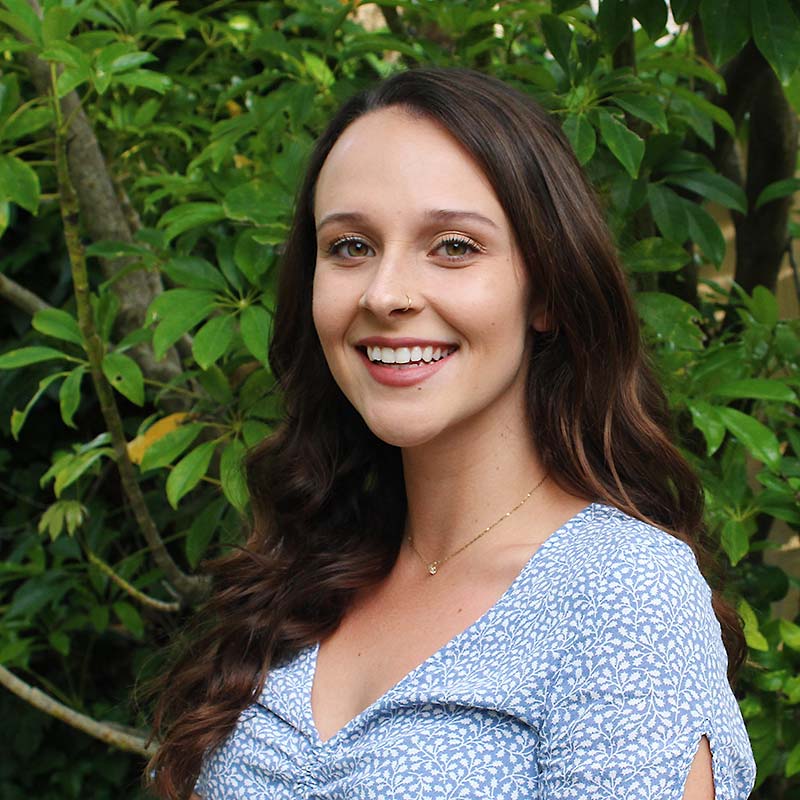USC Shoah Foundation 2022 Summer Leadership Workshop Welcomes Students Back to Campus
For the first time in two years, USC Shoah Foundation welcomed students to its international headquarters at USC for the fifth annual Leadership Workshop-Action and Values.
Eighteen rising ninth to 12th-grade students, selected from across the country, participated in the July 10 to 15 seminars, field trips, discussions, and group projects while based in USC dorms.
The workshop, presented by the William P. Lauder Internship Program and hosted by the USC Shoah Foundation education team, challenged participants to develop their core beliefs and understand the power of testimony in creating positive change.
Students engaged with USC Shoah Foundation resources such as testimony clips, IWitness content and Dimensions in Testimony to study patterns of hate and stories of resilience.
For the last two years, the workshop has been held virtually because of the COVID-19 pandemic. This year’s program allowed students to engage with each other in the classroom but also during community bonding activities and field trips.
One morning, students watched Holocaust survivor Kurt Messerschmidt’s account of the Kristallnacht Pogrom and how he stopped to help after witnessing Nazis force an elderly shopkeeper to pick up glass splinters. Students then discussed how their education, family and culture encourage them to be upstanders—leaders who combat prejudice and oppression.
“We’ve been gaining a deeper understanding of ourselves and our core values and how we can implement them to become a leader in our society,” said Miya Zborovsky, an incoming sophomore from Los Angeles. “Being an upstander is not just standing up for someone but educating yourself on current topics and using that knowledge to prevent future problems that occur.”
The in-person experience allowed participants to visit the Japanese American National Museum in Los Angeles and the Armenian Genocide Martyrs Memorial in Montebello to study the implications of othering, which is when a group categorizes another as inferior because of perceived differences.
“The most impactful activity so far was visiting the Armenian Genocide Monument and listening to the audio. It was one of the first monuments in the United States dedicated to the genocide, built over 50 years ago. Very recently it was recognized as a genocide. Seeing that impacted me the most,” said Leah Facterman, an incoming junior from Lakewood.
Participants finished the week with a final project to reflect on what they gained from the experience. They presented the testimonies that most resonated with them, and how those messages influenced their values and leadership goals.
Students drew on the powerful stories of Buchenwald liberator Leon Bass, former U.S. Representative and war crimes trial participant Elizabeth Holtzman, Cambodian Genocide survivor Sara Pol-Lim and more.
“We were thrilled to see various testimony collections represented in student choices and interpreted thoughtfully,” Culp said. “I hope that these lessons that they discussed and brought into their projects—ideas about what it means to be stronger than hate and what it means to be a person that follows their values— remain with them and inform their decisions.”
